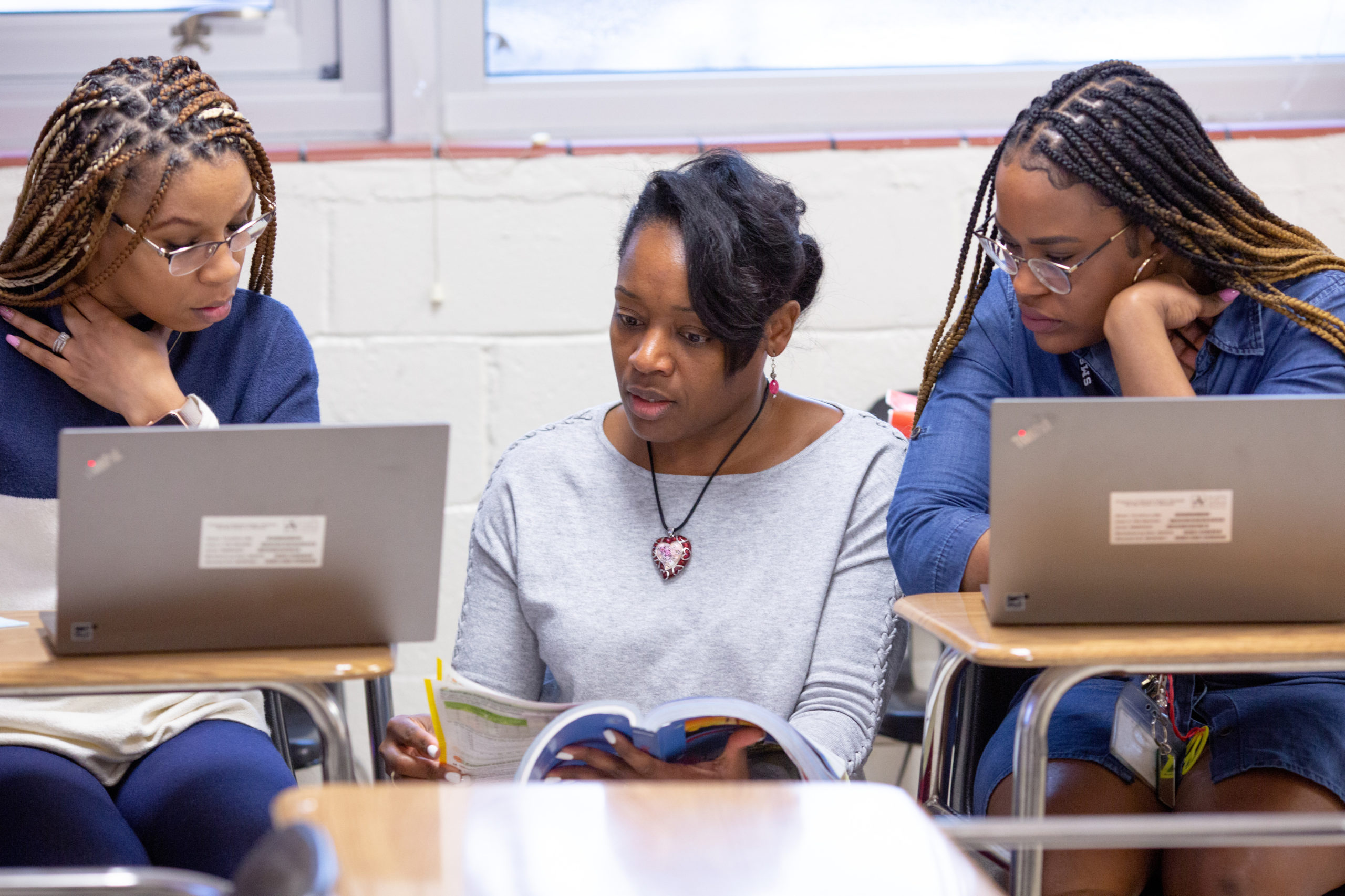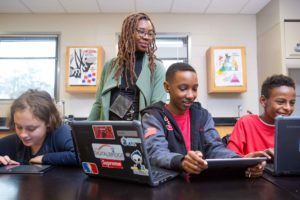
What is learning engineering and why is it important?
In the Tools Competition, learning engineering is defined as the use of computer science to pursue rapid experimentation and continuous improvement with the goal of improving student outcomes.

The learning engineering approach is critical because the current process to test and establish the efficacy of new ideas is too long and too expensive. Learning science research remains slow, small-scale, and data-poor, compared to other fields. The result is that teachers and administrators often have neither proven tools nor the research at hand they need to make informed pedagogical decisions. Learning engineering aims to solve this problem using the tools of computer science.
For individual platforms, the learning engineering approach is important because it allows for platforms to engage in rapid experimentation and continuous improvement. In other words, learning engineering allows for platforms to quickly understand if an approach works and for whom and at what time. This is central to scaling an effective product and generating high quality data.
Why should the field care about learning engineering?
Far too often, education research proves to be a frustrating process. Experiments often take years. Costs are high, sometimes many millions of dollars per study. Quality is also inconsistent, and many studies have small ‘n’ sizes and lack rigorous control. Similarly, the field lacks high-quality datasets that can spark better research and richer understanding of student learning.
Part of the issue is that learning is a complicated domain that takes place in highly varied contexts. Another issue is that the subjects of the studies are typically young people and so there are heightened concerns around privacy.
But the consequences of weak research processes are clear, and in education, experts often don’t know much about what works, why it works, for whom it works, and in what contexts.

Take the example of interleaved practice, or mixing up problem sets while learning. Research into middle school math has established that students learn better when their practice is interleaved, meaning students practice a mix of new concepts and concepts from earlier lessons. But it’s an open research question how far this principle extends. Does interleaved practice work equally well for reading comprehension or social studies? Does it work for younger math students too? Does the type of student (high-achieving versus behind) matter?
This lack of knowledge has important consequences, and far too much money, time, and energy is wasted on unproven educational theories and strategies.
What does learning engineering look like in practice?
Learning engineering, at its core, is really about three processes:
- systematically collecting data as users interact with a platform, tool, or procedure while protecting student privacy
- analyzing the collected data to make more educated guesses about what’s leading to better learning, and
- iterating based on these data to improve the platform, tool, or procedure for better learning outcomes.
Some but not all platforms will partner with researchers to better learn what’s working best for students. These findings can then be shared with the community at large to help improve learner outcomes everywhere.
Where can I learn more about learning engineering?
Check out this video series for a more detailed introduction to learning engineering. Or get an in-depth look at how one platform, ASSISTments, has instrumented for research, in this Ask Me Anything event with Neil Heffernan.
You can also join the Learning Engineering Google Group for news, upcoming events, and funding opportunities.
For further reading to learn more about learning engineering, see these articles and videos:
- Introduction to Learning Engineering Video Series
- Article collection about Learning Engineering
- Tools Competition event recording on “Testbed Technology: Building Platforms That Improve as More People Use Them”
- In-depth report on “High-Leverage Opportunities for Learning Engineering”
- Learning Engineering Resource and Community Hub
- How ‘Learning Engineering’ Hopes to Speed Up Education
- Learning Engineering Is Learning. We Need That Now More Than Ever.
We are happy to support tools that want to advance learning engineering. For more information please reach out to: ToolsCompetition@the-learning-agency.com



